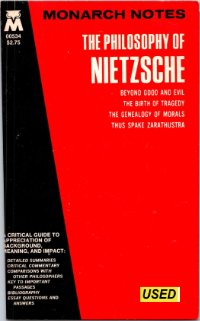By Flore Berger
Mali has long been an important origin and transit country for West African migrants travelling to North Africa. Its role has expanded in recent years as preferred migration routes have shifted westwards from Libya into Algeria. In 2023, however, the political and security situation in northern Mali changed significantly. MINUSMA (the United Nations Multidimensional Integrated Stabilization Mission in Mali) withdrew from Mali after nearly a decade on the ground. This in turn contributed to the outbreak of hostilities between the Cadre Stratégique Permanent (Permanent Strategic Framework – CSP) and the Forces Armées Maliennes (Malian Armed Forces – FAMa), operating with the support of Russia’s Wagner Group, marking the de facto end of the 2015 Algiers Peace Agreement. The Malian transitional military government officially terminated this accord on 25 January 2024. Taking advantage of Mali’s international isolation and internal turmoil, violent extremist groups – including the al-Qaeda-affiliated Jama’at Nasr al-Islam wal Muslimin (Group to Support Islam and Muslims – JNIM) and Islamic State Sahel Province (IS Sahel) – stepped up their activities, notably by imposing blockades on major northern towns, most notably Timbuktu by JNIM and Ménaka by IS Sahel. These events altered the security equilibrium that, in recent years, had allowed migrants to travel through large parts of northern Mali, particularly Timbuktu, with little difficulty. While none of the developments, individually or collectively, drastically disrupted the movement of migrants and the functioning of human smuggling networks, they did have localized and short- to medium-term effects on flows, route safety, methods and means of transport, and prices. Timbuktu was by far the most significantly affected hub. A blockade was imposed by JNIM at the beginning of August, bringing movement to an immediate halt. Later, however, even as the blockade continued, flows resumed, with migrants using the river to get to Timbuktu rather than overland travel. The safety of movement in and around the city, including on the route to Algeria, deteriorated sharply, and the cost of the journey for migrants almost doubled. Gao was similarly affected by the resumption of hostilities between the CSP and FAMa. This region has always been much more volatile, however, with migratory flows through the city fluctuating greatly depending on the season and the security situation.
Mali’s third major migration route, through the western Kayes region and into Mauritania and Senegal, is a key area to watch. Movements through the south-west have not been directly affected by the upheaval in the north, and a growing number of Malians and West Africans are using this option. This is the latest Global Initiative Against Transnational Organized Crime (GI-TOC) monitoring report on human smuggling in Mali. It builds on the series of annual reports that has been issued by the GI-TOC since 2019, tracking the evolution of human smuggling in Mali, as well as the political, security and economic dynamics that influence it.
Geneva, SWIT: Global Initiative Against Transnational Organized Crime (GI-TOC)’s Observatory of Illicit Economies in North Africa and the Sahel. 2024. 30p.





















